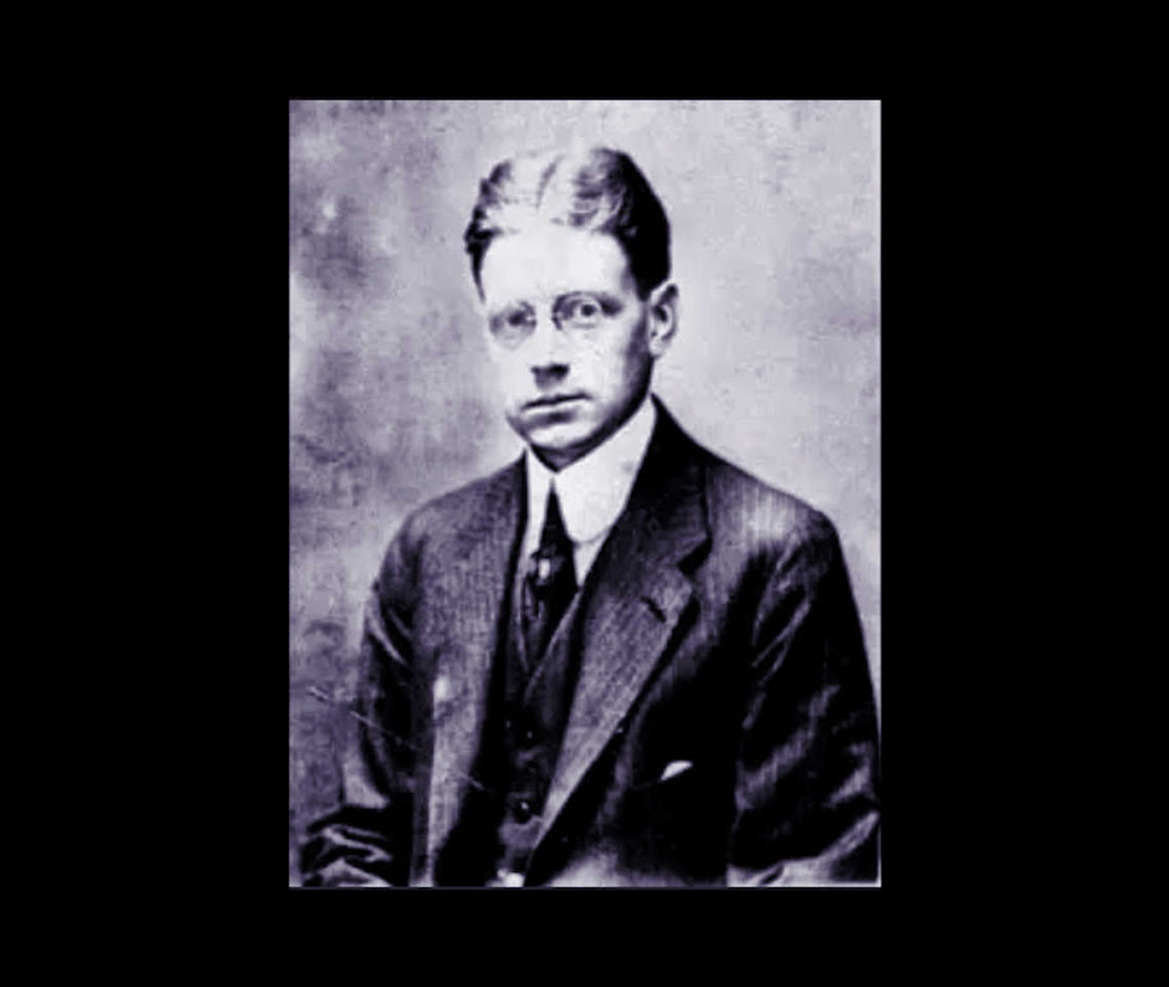H. Gordon Chasseaud, U.S. AEF and the Commission for Relief in Belgium
Published: 13 May 2023
By Philip R. Devlin
via the Roads to the Great War web site

Herve Gordon Chasseaud
Born in Brooklyn, NY, on 20 November 1887, Herve Gordon Chasseaud (usually written as “H. Gordon Chasseaud” and known to his friends and neighbors as “Gordon.”) was 29 years old when he registered for the draft after America’s entry into the Great War. He was working as a bank clerk on Wall Street and kept a home both in Brooklyn and in Haddam, Connecticut, where he lived with his wife and his mother, Emma. He likely little realized that his education at Amherst College and fluency in French would lead to an unconventional and distinguished period of service in Europe, both military and humanitarian in character. After passing through officer training the new 2nd Lieutenant sailed for the Western Front in March 1918.
Chasseaud’s facility with French became enormously important during the war, as most of the major battles in the Great War took place in France. He served as a liaison officer between the French War Office and the United States Army during the war. After the Armistice, he served with great distinction on the Commission for Relief in Belgium (the CRB). Following is a summary of the CRB’s mission:
Herbert Hoover founded (CRB) in London in October 1914 as a private organization to provide food for German-occupied Belgium. Belgium’s attempts at resistance to German military demands at the outbreak of the Great War had aroused much popular sympathy in England and the United States. A densely populated, industrialized country, Belgium depended on imports for three-quarters of its normal food supply. When the German Army began to requisition local foodstuffs and the British blockade cut off imported sources, 7 million Belgians faced severe hunger as the winter of 1914-1915 approached. When the American ambassador in London, Walter Hines Page, met with Belgian representatives, they concluded that Herbert Hoover was the best choice to administer some emergency relief action. The comprehensiveness of the program, however, was the result of Hoover’s personal determination to feed the entire nation. Hoover chose Chasseaud to help him in this regard.
The CRB conducted its humanitarian work on an unprecedented scale and with a unique administrative organization. The basic facts hint at the scope and complexity of the undertaking. Between 1914 and 1919, the CRB dispensed nearly $1 billion in order to feed 9 million Belgian and French citizens behind German lines!
Gordon Chasseaud received two medals for his distinguished service for helping the people of Belgium and France. Here is an article from the Hartford Courant describing one of his awards:
Read the entire article on the Roads to the Great War web site here:
External Web Site Notice: This page contains information directly presented from an external source. The terms and conditions of this page may not be the same as those of this website. Click here to read the full disclaimer notice for external web sites. Thank you.



